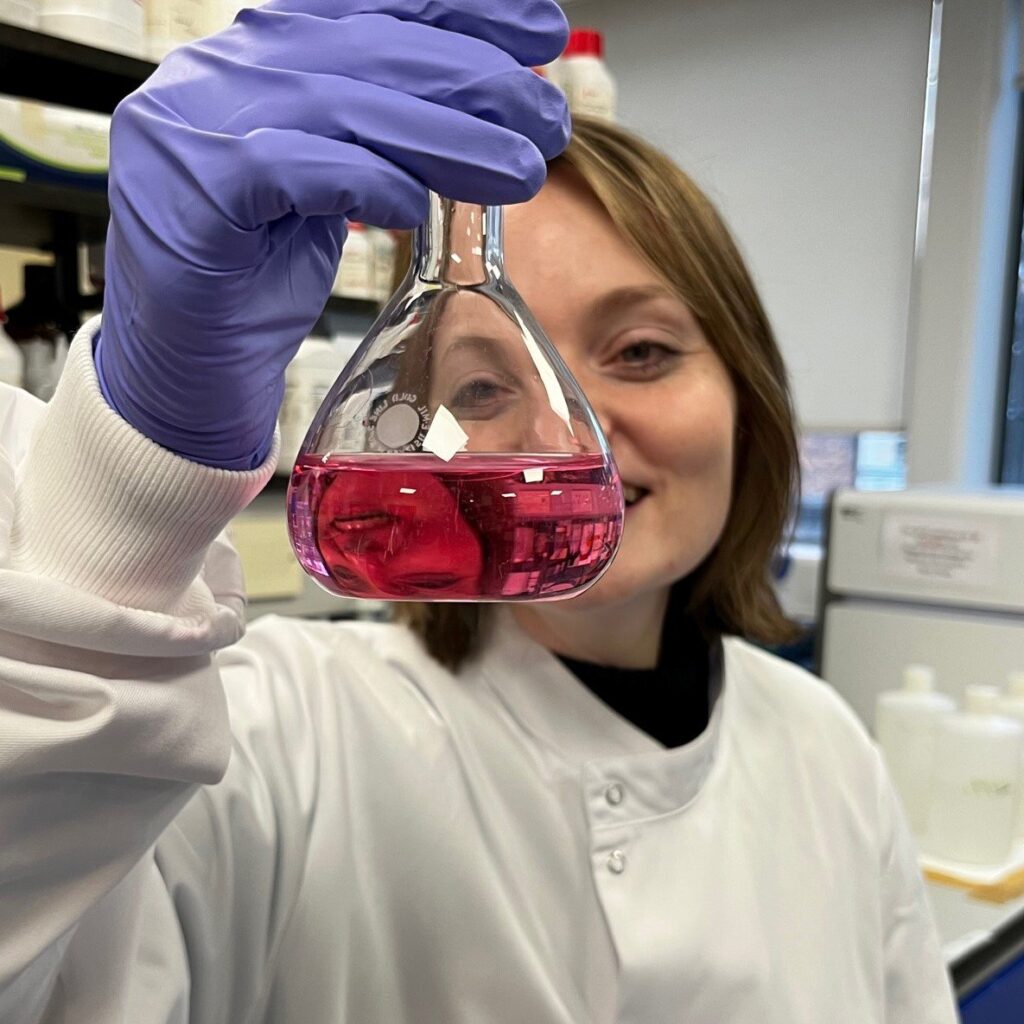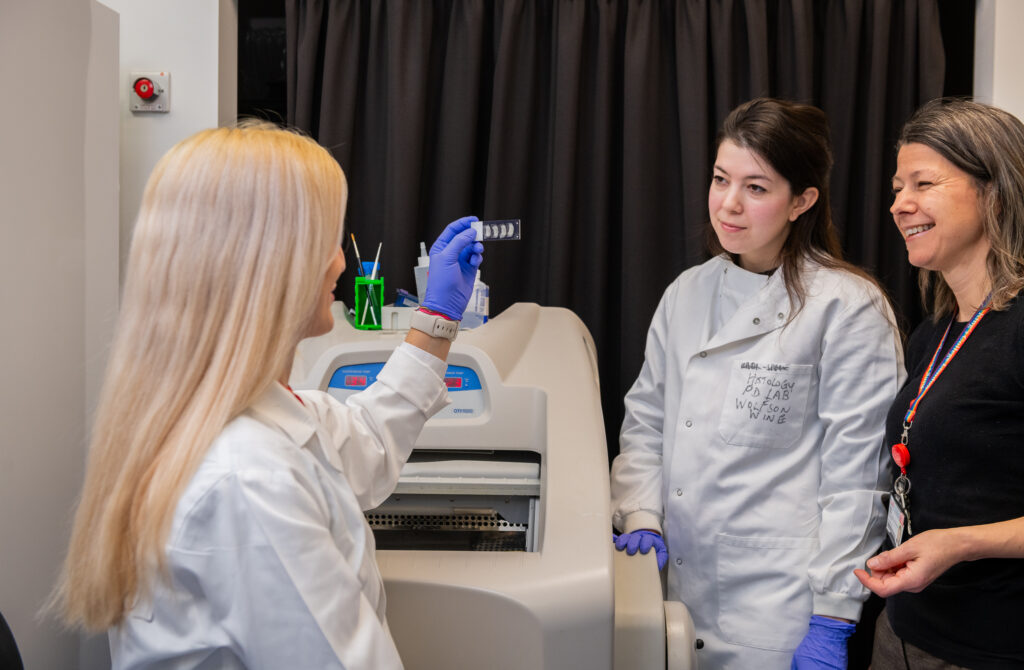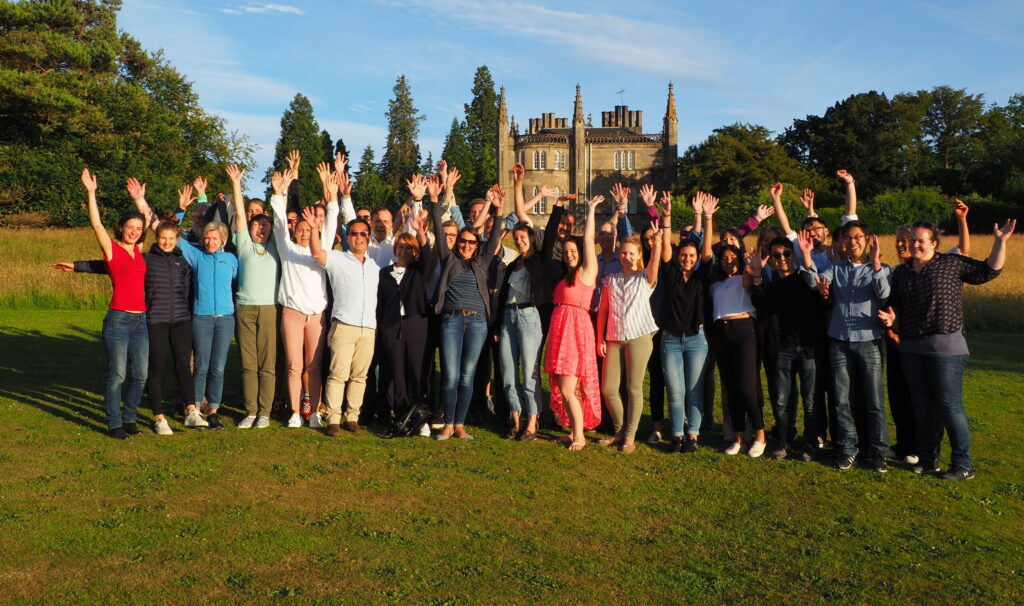The P-A Blundell Legacy Fund for Spinal Research will contribute to the funding of a PhD Studentship.
Spinal Research is proud to fund two studentships every year creating the experts of the future. These three-year awards encourage the development of talented and highly motivated young scientists in the field of spinal cord repair, in both clinical and basic science research environments. Many of our former PhD students are now running their own world-class labs.
Donations to P-A's fund will benefit a studentship such as the one being mentored by Dr Philippa Warren at King's College London. Dr Warren leads a team working to restore respiratory function in SCI patients.
Dr Philippa Warren is herself a graduate of a Spinal Research Studentship Award and is dedicated to the specialism of respiratory function after spinal cord injury. Pip tells us about the research that the new studentship will be focussed on.

“One of the fundamental problems in trying to restore activity after a spinal cord injury is time. Rapidly after the trauma, nerve cells in the spinal cord die, connections to enable muscles to move are lost, and a scar forms in the cord preventing new growth. Many experimental treatments have been shown to have some success at recovering function if they are applied in the immediate days after an injury but fail when applied months-to-years afterwards. This is a problem because the majority of patients with a spinal cord injury acquired it months-to-years previously and need treatments which succeed in this hostile environment.
Incredibly, our previous work in experimental models has shown that breathing can be restored months-to[1]years after an injury, but not in the initial days after a trauma, through a treatment that changes the environment of the spinal cord from one that stops growth, to one that promotes it. Interestingly, this recovery of function occurred within 1-2 weeks following treatment application, a rapid time course that suggests that the responsible system controlling activity was already primed for recovery. We are going to determine the factors at the circuit and cellular level that enable rapid recovery to occur in this system at these long time points after injury. We will use this data to determine the means and mechanisms through which we can restore function in the months-to-years after an injury, helping to identify new treatment targets.“
Donate to P-A’s fund
Spinal Research Studentships
Our Studentship postgraduate PhD awards were set up as the result of a generous legacy in 1996.

Meet our PhD students
Studentships have been vital in recruiting and supporting a new generation of dedicated scientists and clinicians in spinal cord injury research.

Building a future in SCI research
We encourage high-quality research by fostering a new generation of scientists and clinicians.